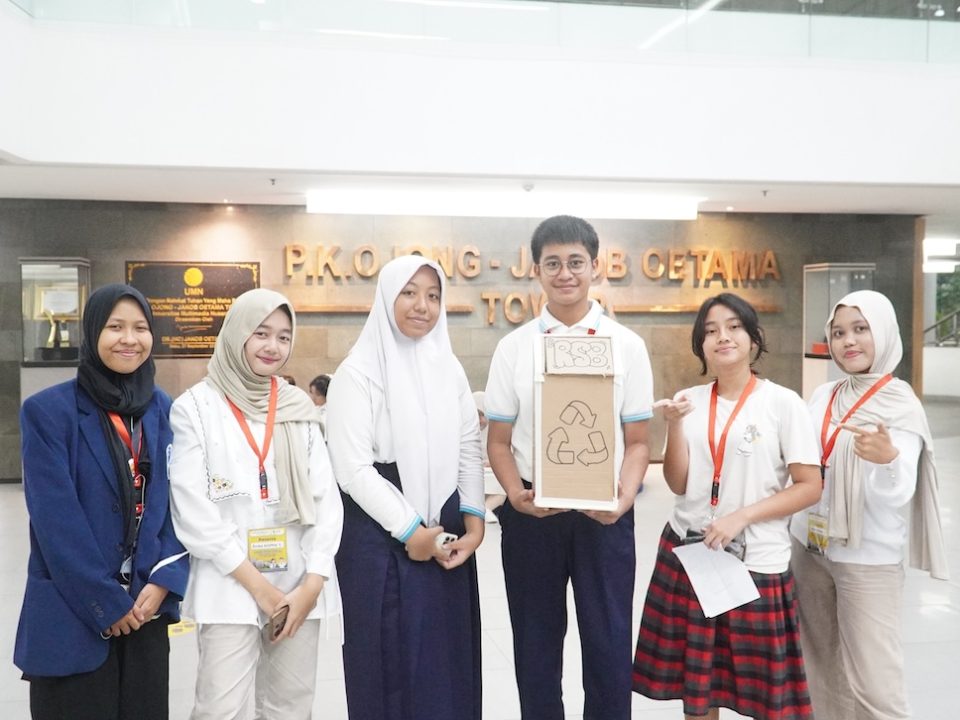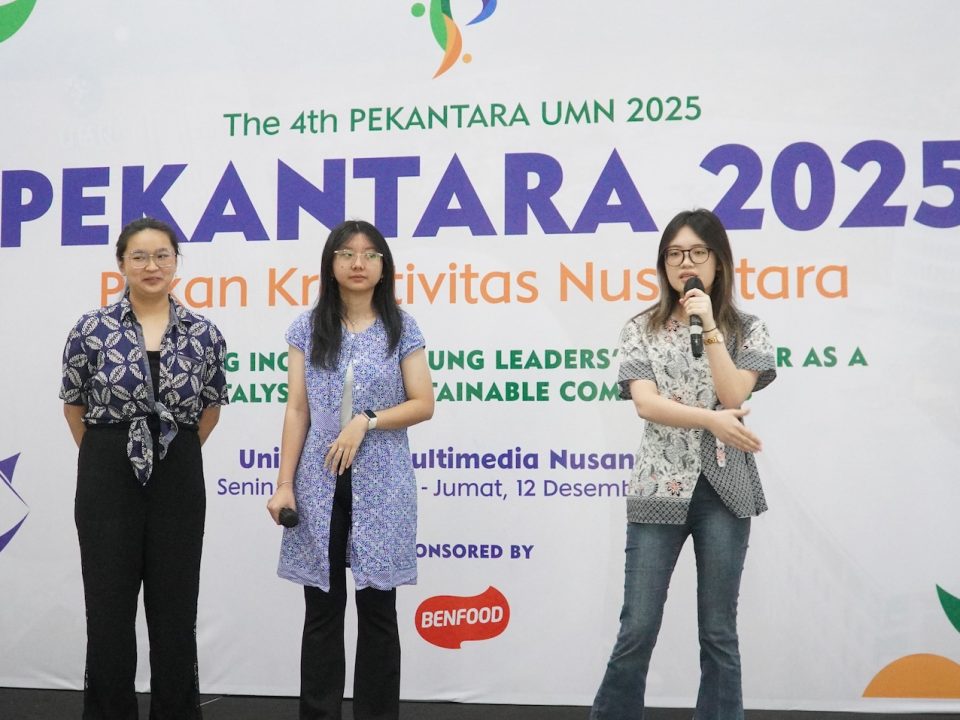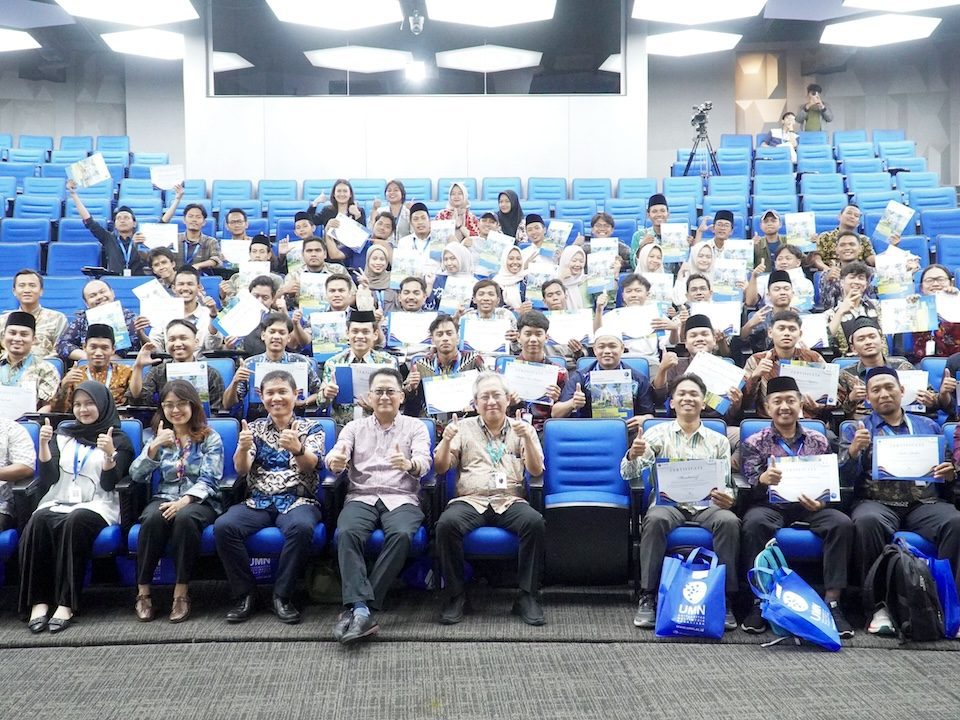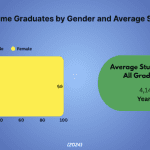
University Data Highlights Female Success, Drives New Equity Measures for All Students
December 20, 2024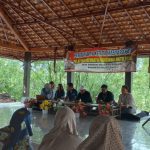
UMN Holds Sharing Session on Smart Farming in Bandung Village
December 23, 2024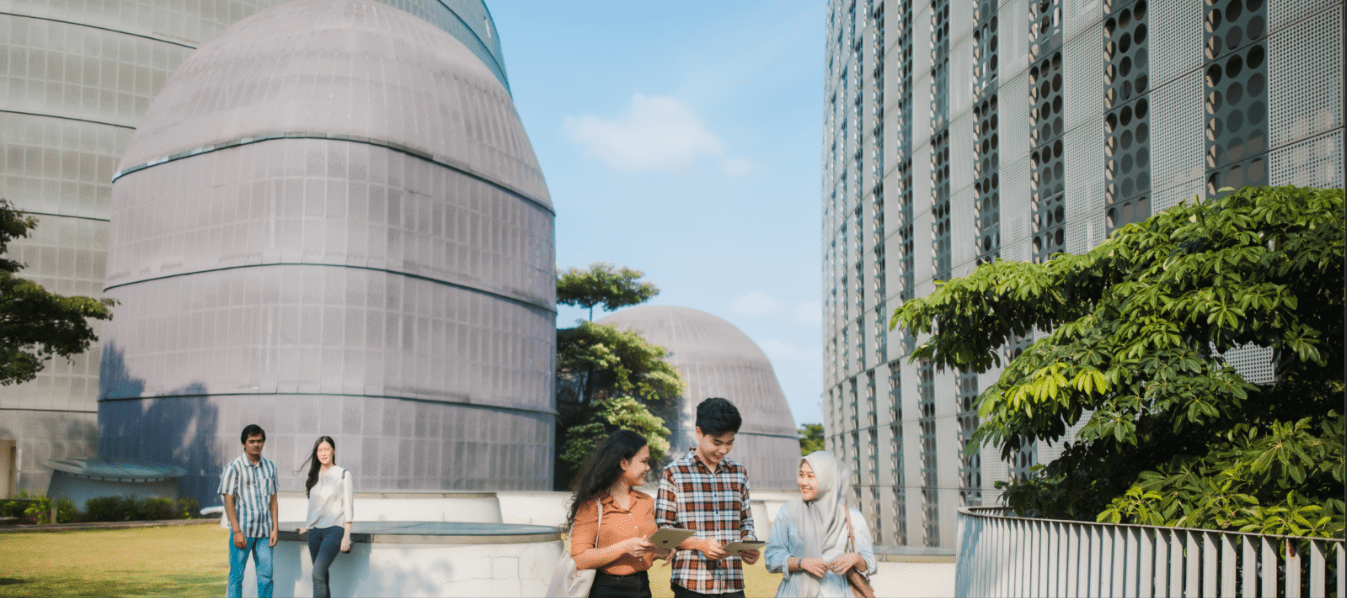
(Doc. UMN)
Tangerang – Universitas Multimedia Nusantara (UMN) is committed to supporting the Sustainable Development Goal for Clean Water and Sanitation. UMN demonstrates this commitment through consistent collaboration with local government bodies, particularly in managing and monitoring water quality and wastewater.
Each year, UMN works closely with the Environmental and Sanitation Department (Dinas Lingkungan Hidup dan Kebersihan / DLHK) to submit environmental reports. These reports include regular monitoring and laboratory testing of clean water, wastewater, and liquid waste produced by campus operations. The laboratory tests cover physical, biological, and chemical parameters, ensuring that all water-related outputs meet government standards and regulations.
This process is documented in the UKL-UPL reports, which stand for Environmental Management Efforts (UKL) and Environmental Monitoring Efforts (UPL). These are mandatory documents for institutions or businesses whose operations are considered to have a moderate impact on the environment. They serve as prerequisites for obtaining environmental permits and are legally required under Indonesian environmental law.
UMN compiles and submits the UKL-UPL reports annually, with proper documentation and acknowledgement of receipts from the local government. The purpose of this collaboration is to ensure that the university’s environmental management practices, especially regarding water, are compliant with national regulations and are being implemented responsibly.
The laboratory data from water quality testing is always aligned with the government’s environmental quality standards. This ensures that the clean water used across the campus remains safe, and that wastewater is treated and discharged without harming the surrounding environment. By maintaining this consistent and data-driven partnership with the government, UMN contributes actively to national efforts in sustainable water management. It also serves as a model for how higher education institutions can operate in a responsible, law-abiding, and environmentally conscious manner.
Strengthening Water Awareness: UMN’s Collaboration with Tangerang Government
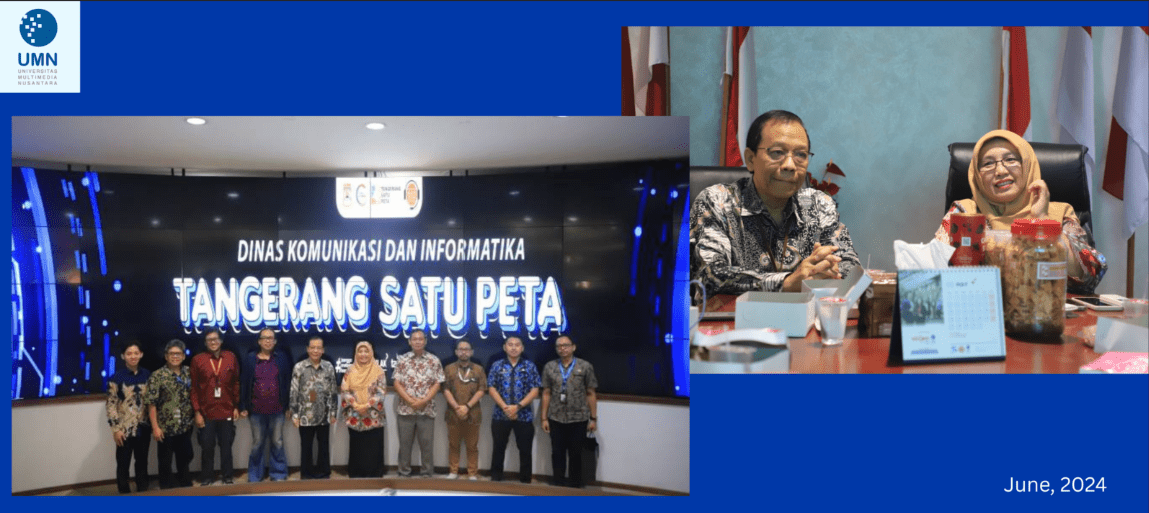
In addition to its rigorous annual reporting and compliance efforts with the Environmental and Sanitation Department (DLHK), Universitas Multimedia Nusantara (UMN) further enhances its contribution through a strategic collaboration with the Tangerang City Government. This partnership focuses on developing a comprehensive city branding initiative that integrates environmental awareness and water security into public communication, led by UMN’s Research and Community Outreach (LPPM) together with the city’s Communications and Informatics Office (Diskominfo). By promoting values such as Akhlakul Karimah (noble character), the initiative seeks to engage the broader community in sustainable water management practices. This multi-stakeholder approach not only strengthens UMN’s role in monitoring and managing water quality but also fosters public participation, creating a holistic model of cooperation that supports clean water access and environmental sustainability in Tangerang.
UMN Workshop Empowers Local Voices on Water and Health Issues
On 2024 UMN held a Public Speaking for Podcast workshop aimed at educating local communities about water, sanitation, and public health. Participants included government representatives and members of the Forum for Healthy Tangerang Regency. By providing hands-on training in podcast production, public speaking, and video editing, UMN empowered the community to raise awareness about issues like open defecation and good water management. This initiative reflects UMN’s commitment to making education accessible and impactful beyond the campus.
Bridging Government Standards and Public Knowledge: UMN’s Role in Sustainable Design
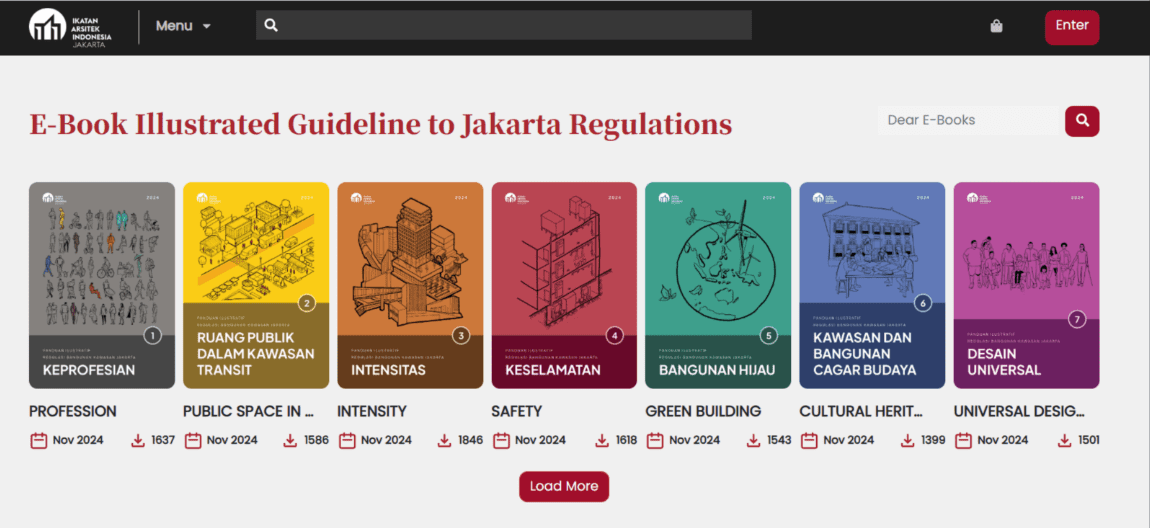
(source: https://iai-jakarta.org/ebook)
UMN also contributes to sustainable development through lecturers from the Architecture Department and the Professional Program in Architecture (PPARS), who played a key role in developing a national guidebook on sustainable building design. The book was created in collaboration with various government institutions, including the Ministry of Public Works and Housing (Kementerian PUPR), the Directorate General of Construction, regional governments, the National Commission on Disability, the Jakarta Transportation Agency, and the Department of Culture. Designed to be visually engaging and easy to understand, the book is publicly accessible and free to download. This initiative helps translate government regulations into practical, inclusive knowledge, making sustainable and water-conscious design more accessible to the broader public.
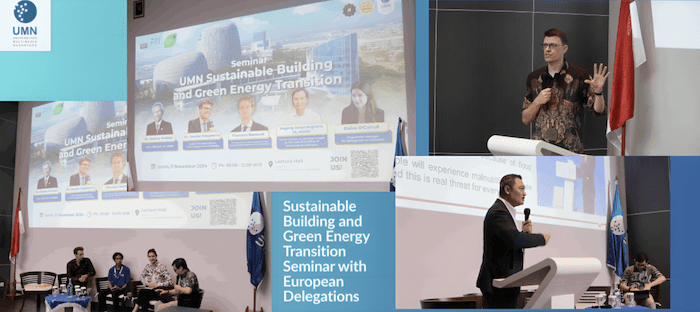
(Doc. UMN, 2024)
Furthermore, Universitas Multimedia Nusantara (UMN) held a seminar on Sustainable Building and Green Energy Transition with European delegations, highlighted the integration of renewable energy, efficient water management, and waste‑reuse systems in built environments. During the event, the panelists discussed about reclaiming rainwater for landscaping, reducing building heat through passive design, and recycling organic waste into useful products. On a global scale, such designs are vital: as the climate crisis intensifies and fresh water becomes scarcer, coupling energy transitions with smart water‑use strategies in urban systems can help cities maintain reliable water supplies while reducing carbon footprints and strengthening resilience.
Through its strong collaboration with government institutions at local, regional, national, and global levels UMN continues to demonstrate a clear commitment to water security and environmental sustainability. From annual environmental monitoring and reporting to public awareness campaigns and the development of accessible educational resources, UMN actively supports the goals of clean water access and responsible water management. These initiatives reflect the university’s dedication to implementing Sustainable Development Goal 6 while extending the impact of higher education beyond the campus and into the wider community.
Kuliah di Jakarta untuk jurusan program studi Informatika| Sistem Informasi | Teknik Komputer | Teknik Elektro | Teknik Fisika | Akuntansi | Manajemen| Komunikasi Strategis | Jurnalistik | Desain Komunikasi Visual | Film dan Animasi | Arsitektur | D3 Perhotelan , di Universitas Multimedia Nusantara.

